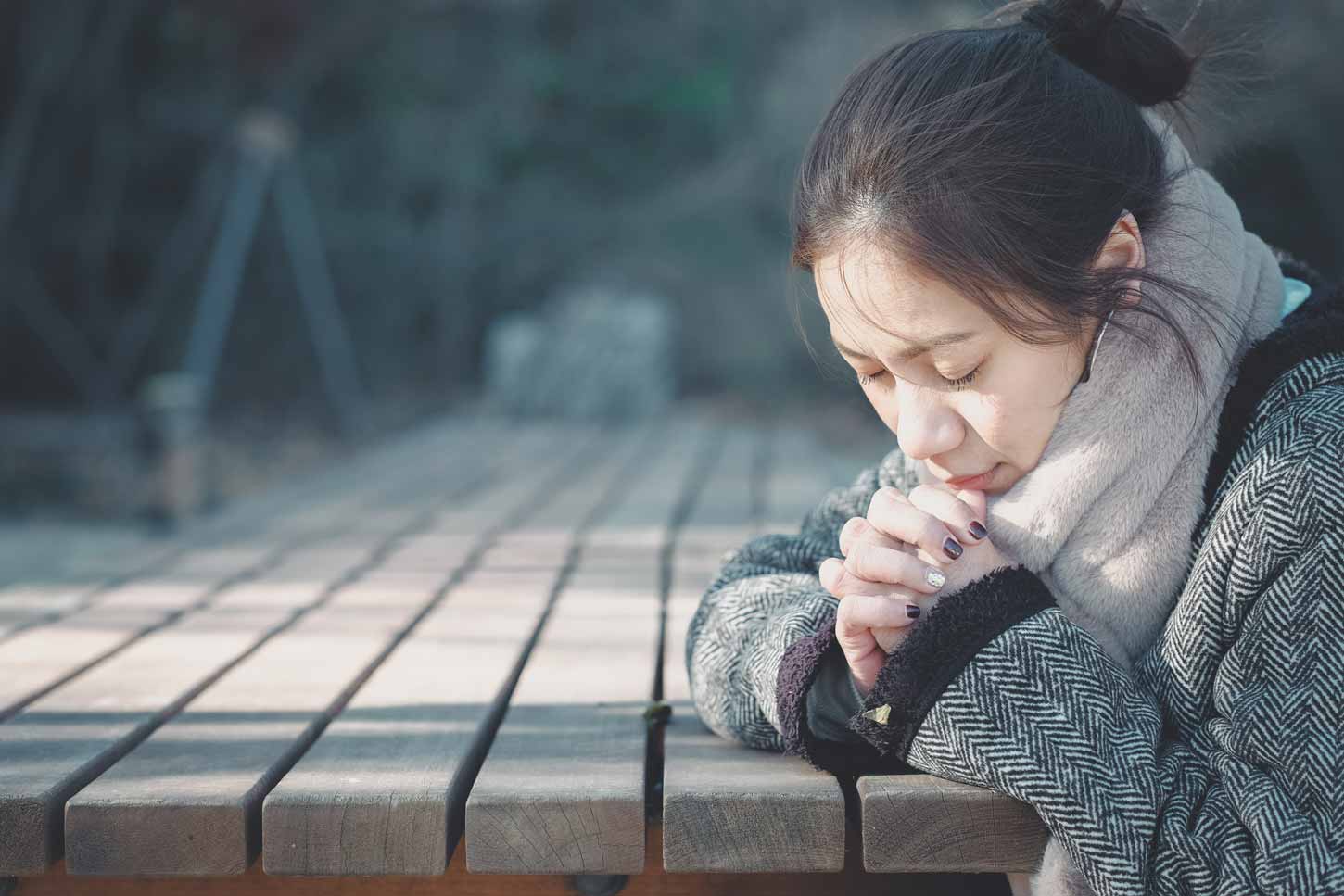Day 10: Making a Habit
Wednesday, February 16. 2022
I once heard a sermon on the difference between loneliness and aloneness. Solitude helps us understand the difference. It is aloneness when we choose to be by ourselves in seclusion for some time. In contrast, loneliness is sadness over a lack of company around us. It can be easy to confuse the two. While loneliness is unhealthy, aloneness is often exactly what our souls require.
Spiritually, the purpose of solitude is restoration. It takes aloneness with God and receiving the healing we need in our inner worlds. While certain personality types require more solitude than others, it is beneficial for all of us, even for a few moments each day.
In a world of constant distractions—especially electronic devices—deliberate solitude and isolation are healthy. Research shows people today are lonelier than ever, especially younger generations who have greater access to human connection than at any point in history. If we would take more time for solitude, we would actually feel less lonely. Especially if we spend that time alone in prayer, meeting with God to cultivate a thriving inner world. That’s what Jesus did.
READ
Luke 5:12-16
“In one of the villages, Jesus met a man with an advanced case of leprosy. When the man saw Jesus, he bowed with his face to the ground, begging to be healed. ‘Lord,’ he said, ‘if you are willing, you can heal me and make me clean.’
Jesus reached out and touched him. ‘I am willing’ he said. ‘Be healed!’ And instantly the leprosy disappeared. Then Jesus instructed him not to tell anyone what had happened. He said, ‘Go to the priest and let him examine you. Take along the offering required in the law of Moses for those who have been healed of leprosy. This will be a public testimony that you have been cleansed.’
But despite Jesus’ instructions, the report of his power spread even faster, and vast crowds came to hear him preach and to be healed of their diseases. But Jesus often withdrew to the wilderness for prayer.”
REFLECT
Here, we see another example of Jesus doing the miraculous, setting people free physically and spiritually, with crowds constantly coming to him. That’s what any public figure would want, right? And yet, once again, we see Jesus getting alone to pray. Why did Jesus need to withdraw to the wilderness so often? Let’s consider why that was necessary.
Jesus was constantly in demand, as in this interaction with the leper. That kind of ministry was Jesus’ mission, but it’s also unsustainable without margin. He needed the routine of solitude, as it enabled him to give his all towards accomplishing his divine purpose. Therefore, Jesus made solitude a habit. We see him do it repeatedly.
Habits take time to develop. They don’t happen in a day; they happen in the daily. They are not one-time choices. They occur through the series of small decisions we make repeatedly. When we create new habits, especially those of spiritual disciplines, it’s okay not to be perfect right away. The only one who is perfect is Jesus. While he is our example and guide, he also gives us grace. The goal is not to have excellent habits immediately. It’s to put them into practice over time.
RESPOND
Think and pray about what a habit of solitude could look like in your life. Write down a plan to put this into practice in your life. Consider when, where, how long, and what kind of environment is best for you to pray in this way each day, like the érēmos we discussed yesterday. Make a commitment to keep prioritizing this time, beginning today.
Prayer: “Jesus, help me follow your example of solitude, even if it doesn’t feel natural or needed. I know it is. Help me put my time with you over all other ways I use my time. Help me create a lasting habit of praying like you. Amen.”
By Dave Mann
To receive this month’s daily posts via email, subscribe to our list HERE.



